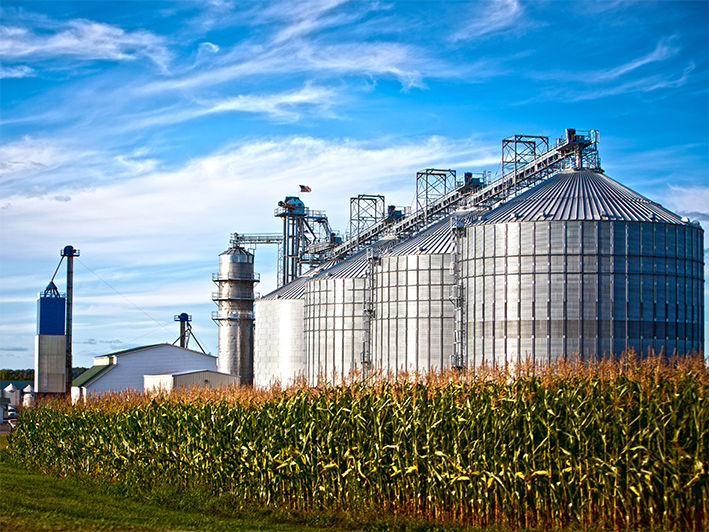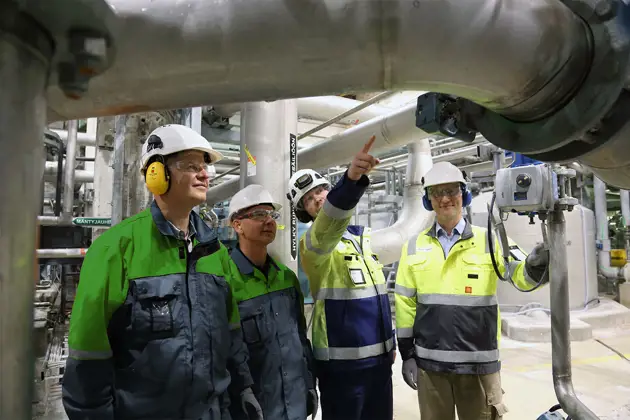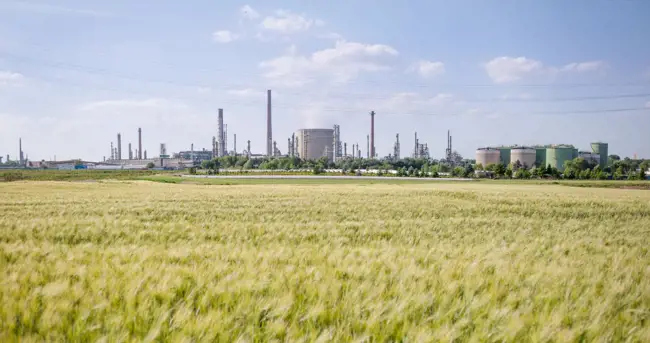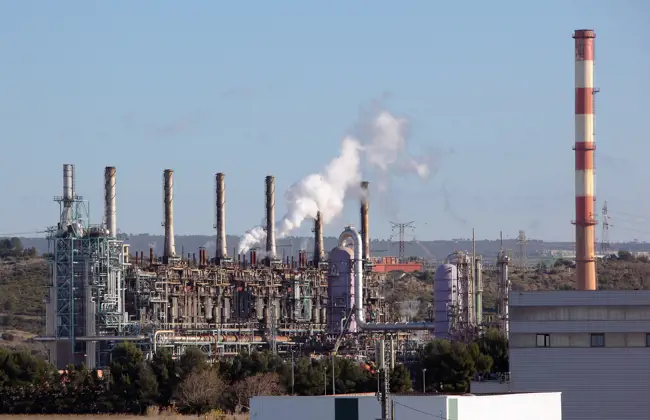The word “biofuel” has been a known term for many years now. However, we have transitioned into a new period of time when biofuel has become significantly more important globally. But do you know that not all biofuels are actually sustainable? And what makes a biorefinery really efficient? Let’s take a closer look.

With increasing concerns about the rising pollution levels and climate changes in the environment, multiple debates are happening on how to reduce carbon emissions and how everyone can contribute to a better and cleaner environment. Several options are available, and one of the ways to achieve this is to switch to renewable energy sources.
Solar, wind, geothermal, hydropower, tidal and biomass are just some of the most common types of renewable energy sources. In this blog, we’ll be focusing on energy from biomass.
The term biofuels usually refers to liquid fuels – biodiesel and ethanol – which are combustible fuels produced from biomass.
Biofuels are currently being processed and used in various countries, including developing nations. Most fuels are produced from first-generation biomass feedstock, which are produced mainly from food crops and hence would have an impact on food supply, leading to a food-versus-oil debate. Today, approximately more than 90% of the current biofuels is being produced from first-generation feedstock.
In the future, we’ll see a movement toward processing second- and third-generation feedstocks. Second-generation fuels refer to the use of wood or inedible plant parts, while third-generation fuel focuses on the use of algae.
Biodiesel is produced by the esterification of vegetable oil. However, the regular biodiesel produced often needs to be blended with diesel produced from crude oil. Blending percentages vary across regions. The blending in the EU is currently restricted to 7–8%. The oxygen present in regular biodiesel tends to be a limiting factor, as it increases oxidation and leads to contamination. Other limitations include deposit formations, storage problems and poor cold properties.
An alternate approach to produce bio-based diesel fuel is to hydrotreat the vegetable oil. By using hydrogen to remove oxygen from the vegetable oil, a fuel similar to diesel can be created. Hydrotreated vegetable oil (HVO) can be used in any desired ratios without concerns about the fuel quality. Furthermore, HVO has better cold flow properties and a higher cetane number compared to regular biodiesel.
Still, handling fluids like vegetable oil comes with its own set of challenges for process valves. Corrosion is one of the main challenges, as vegetable oil contains free fatty acids. Also, the presence of contaminants in the feedstock can negatively affect the catalyst. Hence, it is important to correctly select valves capable of handling such fluids.
The challenges for valves outlined above can be tackled by the proper selection of materials in valve construction, including those for the seat and coatings, which need to be well suited for the vegetable oil application.
Neles has experience in these new processes and can help our customers achieve better production efficiency by providing reliable application-based solutions.
In Europe, an existing traditional refinery was converted to a biorefinery by including the additional hydroprocessing unit required for vegetable oils. Hydroprocessing technology was available from licensors and no greenfield investment was needed.
Neles was chosen to supply all the control valves and all on-off valves for this biorefinery project. Based on the process requirements and by working closely with the customer, the most optimal solutions were supplied to support efficient and sustainable biofuel production for years to come.
Text originally published in 2020, and slightly updated in April 2022, due to the company name change to Valmet.


